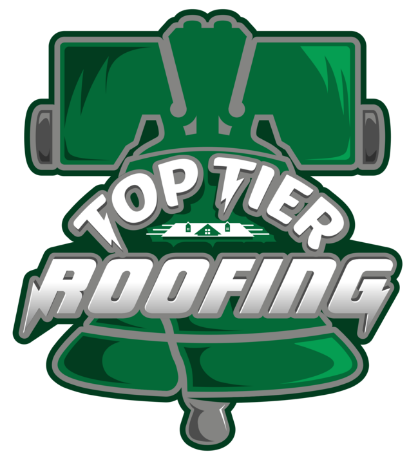A leaking roof might seem like a small issue at first, you may notice a tiny stain on the ceiling or a minor drip in the attic. But make no mistake as a roof leak is a serious problem that can lead to major damage, especially when it comes to mold growth. If you’re a homeowner in Delaware County, it’s important to understand how quickly mold can affect your home and what you can do to prevent it.
How Can Roof Leaks Cause Mold
Mold thrives in moist, poorly ventilated areas. And when your roof is leaking, it provides a constant source of water right into some of the least visible parts of your home, like the attic, inside walls, and ceilings. These areas often lack airflow, making it easy for moisture to sit and create the perfect environment for mold to grow.
The U.S. Environmental Protection Agency (EPA) warns that mold can begin growing within just 24 to 48 hours of moisture exposure. That means even a small leak, if left unchecked, can become a major issue before you even realize there’s a problem.
How a Leaky Roof Leads to Mold
- Constant Moisture: Roof leaks allow water to consistently enter the home. Over time, this repeated moisture exposure increases humidity levels and promotes mold growth especially in attics and insulation.
- Hidden Mold: Mold doesn’t always grow where you can see it. It can thrive behind drywall, under ceiling tiles, and deep within insulation meaning it may go unnoticed until it becomes widespread.
- Mold Spore Spread: Once mold begins growing, it releases spores into the air. These spores can travel through your HVAC system and spread throughout the home, potentially causing health problems for your family.
The Consequences of Mold from Roof Leaks
Homes exposed to seasonal changes like those in the Delco area especially vulnerable to roof leaks and moisture buildup. Mold growth left untreated can lead to:
- Structural Damage: Mold can weaken wooden beams, damage insulation, and destroy drywall, leading to costly structural repairs.
- Health Risks: Mold spores can trigger allergies, asthma, and respiratory issues especially in children and older adults.
- Expensive Mold Remediation: The longer mold is allowed to spread, the more expensive it becomes to remove and repair the damage.
Signs That a Roof Leak Has Caused Mold
Keep an eye out for these red flags around your home:
- Musty or mildew-like smells, especially in the attic or near vents
- Dark stains or spots on ceilings or walls
- Peeling paint or bubbling wallpaper
- Sagging or warped ceilings
- Visible patches of mold, even if small
If you see or smell any of these signs, it’s time to call in the professionals.
How to Prevent Mold from Roof Leaks
Preventing mold from roof leaks starts with early action and consistent roof maintenance. The most important step is to repair leaks immediately, the longer moisture sits, the more likely mold is to grow and spread. Don’t wait until the damage becomes visible. It’s also essential to ensure your attic is properly ventilated, as good airflow helps control moisture levels and discourages mold from developing in hidden spaces. Lastly, scheduling regular professional roof inspections, like those offered by Top Tier Roofing, can help detect small issues early before they escalate.
We Can Resolve Your Problem
If you live in Delaware County and are worried about a leak or possible mold issue, we can help stop the leak before it leads to mold. Our experienced team is here to inspect, repair, and protect your home from further damage. We’ve built our reputation on honest work, high-quality materials, and prompt service that Delco homeowners can count on. Contact us today for a free quote, because a small leak now could mean a big problem later.
